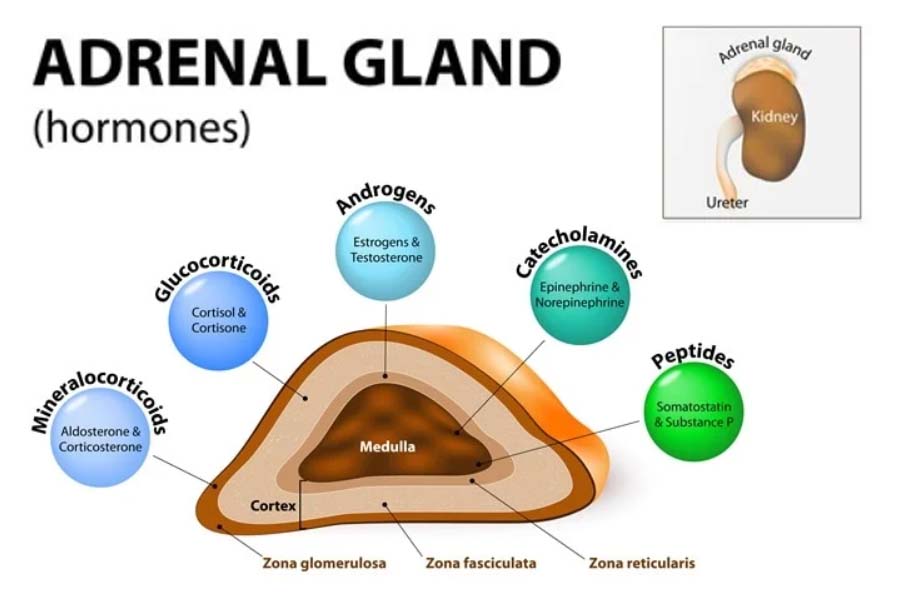
Adrenal disorders refer to medical conditions that affect the adrenal glands, which are located on top of the kidneys. These glands produce essential hormones that regulate various bodily functions, including metabolism, blood pressure, immune response, and stress response. Adrenal disorders can result from dysfunction in hormone production or other abnormalities affecting the adrenal glands.
Endocrinologist Dr. Naincy Purwar specializes in the diagnosis and treatment of adrenal disorders. She has specialized training in the endocrine system, which includes the adrenal glands. They are experts in hormonal disorders and are well-equipped to evaluate and manage various adrenal conditions, ranging from adrenal insufficiency to adrenal tumors. The treatment of adrenal disorders depends on the specific condition and its underlying cause.
When seeking help for obesity management, you must consult best obesity doctor in Jagatpura, Jaipur, Doctor Naincy Purwar, who specializes in the diagnosis, treatment, and management of obesity and related conditions. Treatment of obesity typically involves a combination of lifestyle changes, dietary modifications, increased physical activity, behavioral therapy, and, in some cases, medical interventions or surgery. Dr. Naincy Purwar understands the multidisciplinary approach that addresses medical, nutritional, psychological, and behavioral aspects of weight management.
Treatment for adrenal disorders varies depending on the specific condition and its underlying cause. It may include medications to replace deficient hormones, suppress excess hormone production, or manage symptoms. In some cases, surgery may be necessary to remove adrenal tumors or correct anatomical abnormalities. Additionally, lifestyle modifications, such as dietary changes and stress management techniques, may be recommended to support overall health and hormone balance. Management of adrenal disorders often requires a multidisciplinary approach involving endocrinologists, primary care physicians, surgeons, and other healthcare professionals.
Adrenal Insufficiency:
Cushing's Syndrome:
Primary Aldosteronism:
Adrenal Tumors:
Congenital Adrenal Hyperplasia (CAH):
In addition to medical and surgical treatments, lifestyle modifications such as a balanced diet, regular exercise, stress management, and avoidance of excessive alcohol and caffeine intake may be recommended to support overall health and hormone balance in individuals with adrenal disorders. Treatment plans for adrenal disorders should be tailored to each individual's specific condition, symptoms, and needs.
Call now : Dr. NAINCY PURWAR
+91-7297080208

